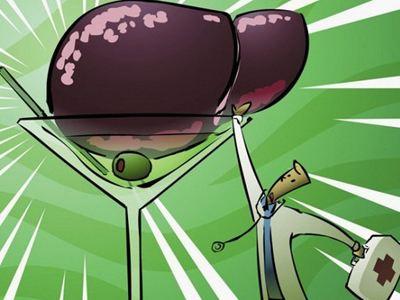
The low rate of retransplantation in patients with recurring autoimmune hepatitis (AIH) is partly to blame for the greater post-transplant mortality in this population compared with other autoimmune liver disease, suggests a recent study.
Autoimmune liver diseases, such as primary biliary cholangitis (PBC), primary sclerosing cholangitis (PSC), and AIH, generally have favourable post-transplant outcomes, with prior studies showing that the risk of disease recurrence is similar in AIH and PSC. In addition, the latter is known to require more retransplantation than PBC.
The investigators compared post-transplant graft survival and the need for retransplant in AIH compared with other autoimmune liver diseases using Cox regression, as well as competing risk analyses using the United Network for Organ Sharing database.
After controlling for potential confounders, AIH was found to significantly correlate with lower graft survival than PBC (hazard ratio [HR], 0.86, 95 percent confidence interval [CI], 0.77–0.96) and PSC (HR, 0.89, 95 percent CI, 0.8–0.99), which was primarily driven by post-transplant death.
Competing risk analysis also revealed a higher risk of death with AIH compared with PBC (subdistribution HR, 0.79, 95 percent CI, 0.7–0.89) and PSC (subdistribution HR, 0.72, 95 percent CI, 0.64–0.82). In addition, AIH was associated with a lower risk of retransplant than PSC (subdistribution HR, 1.48, 95 percent CI, 1.19–1.8).
A recent population-based prospective study found a significantly higher incidence of AIH from 2014–2016 than 2008–2010, while incidences of PBC and PSC remained the same over the same period. [Clin Gastroenterol Hepatol 2020;doi:10.1016/j.cgh.2020.05.061]